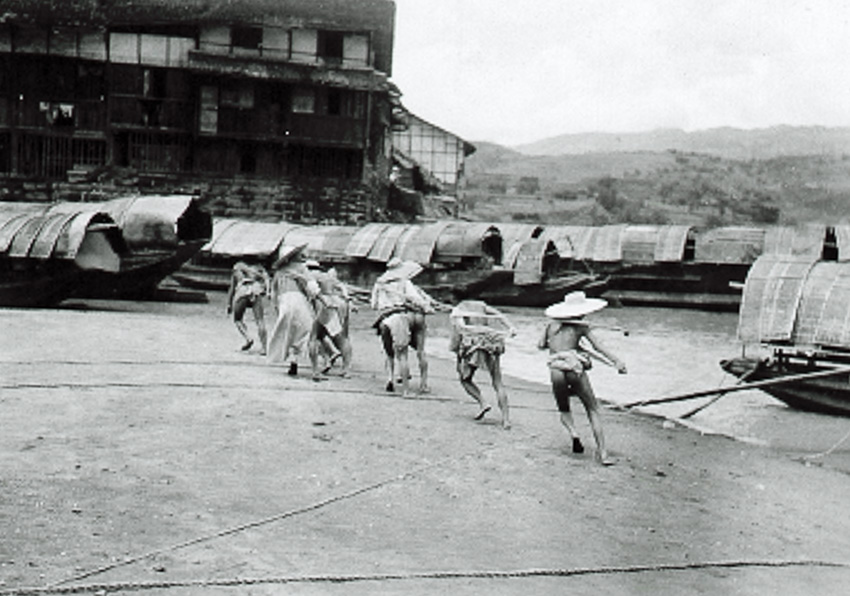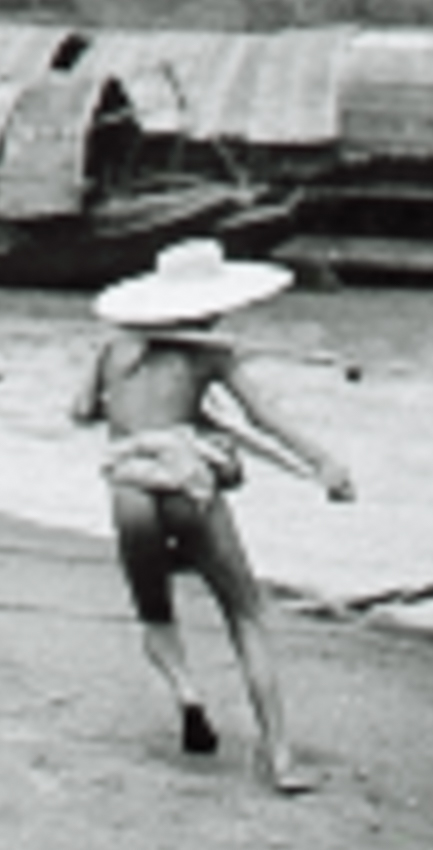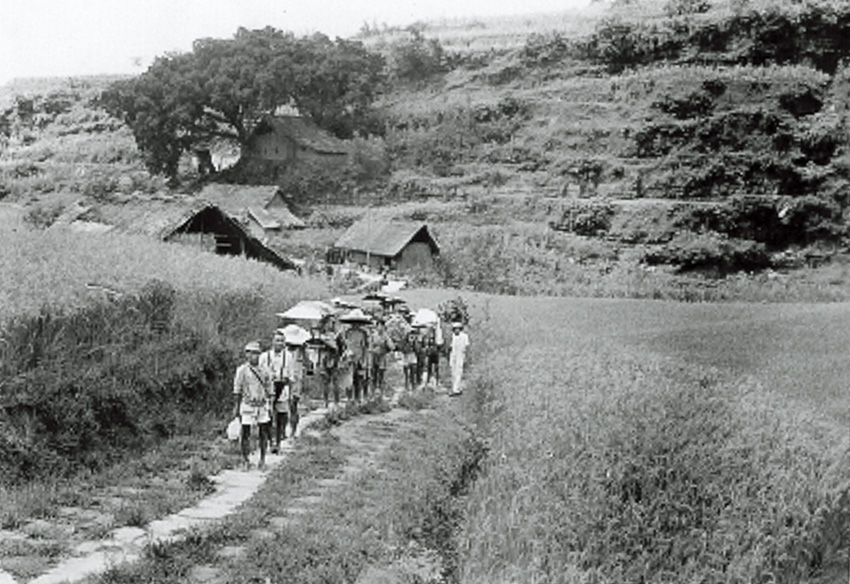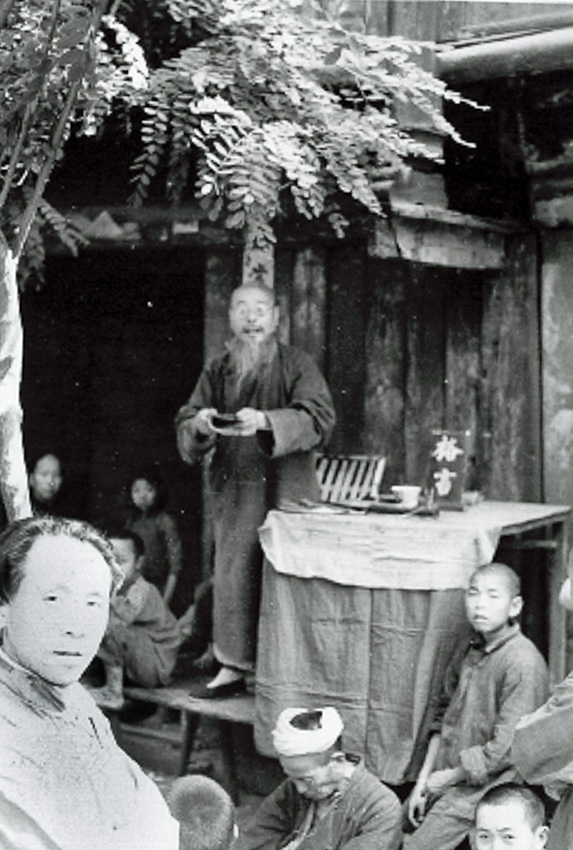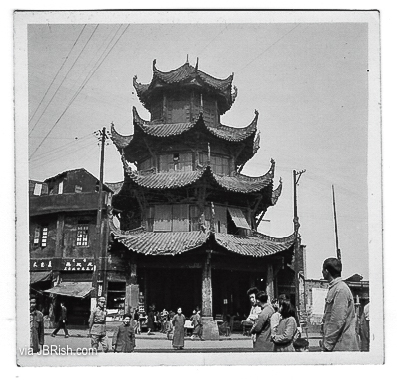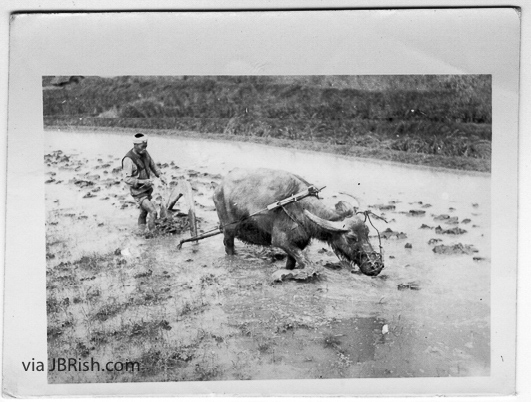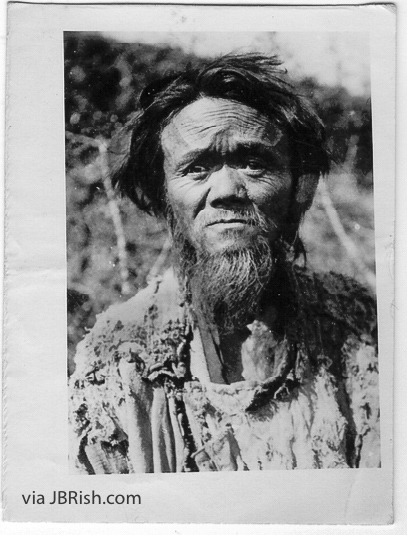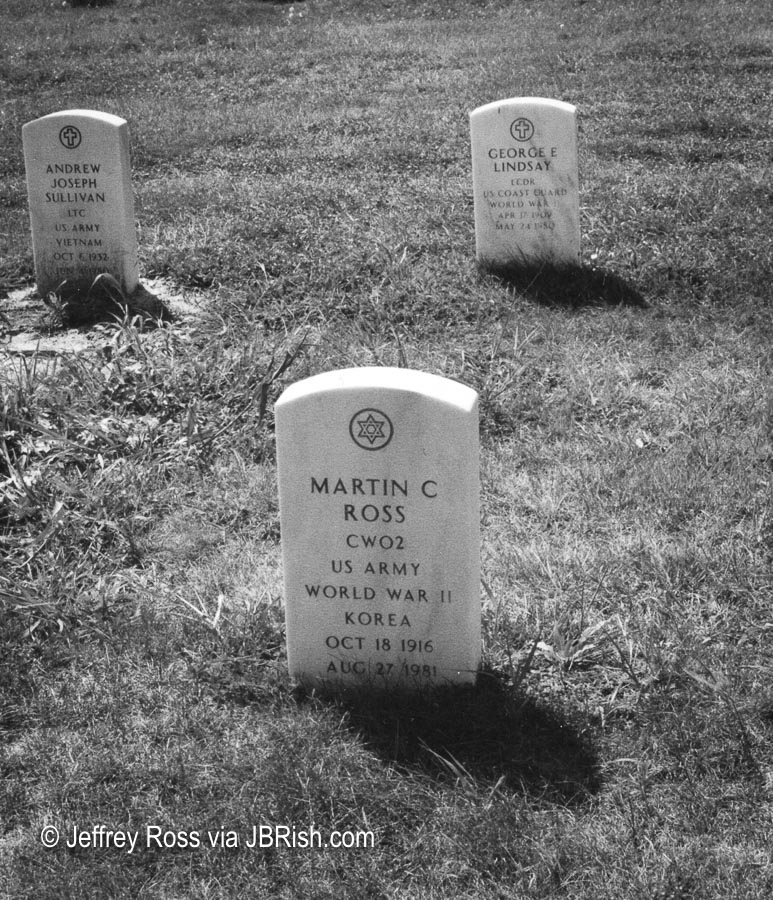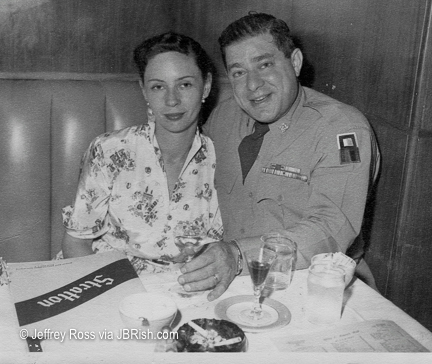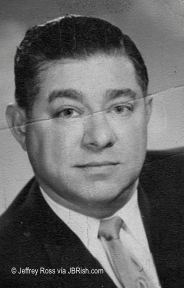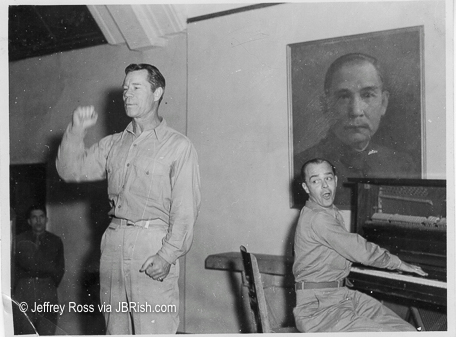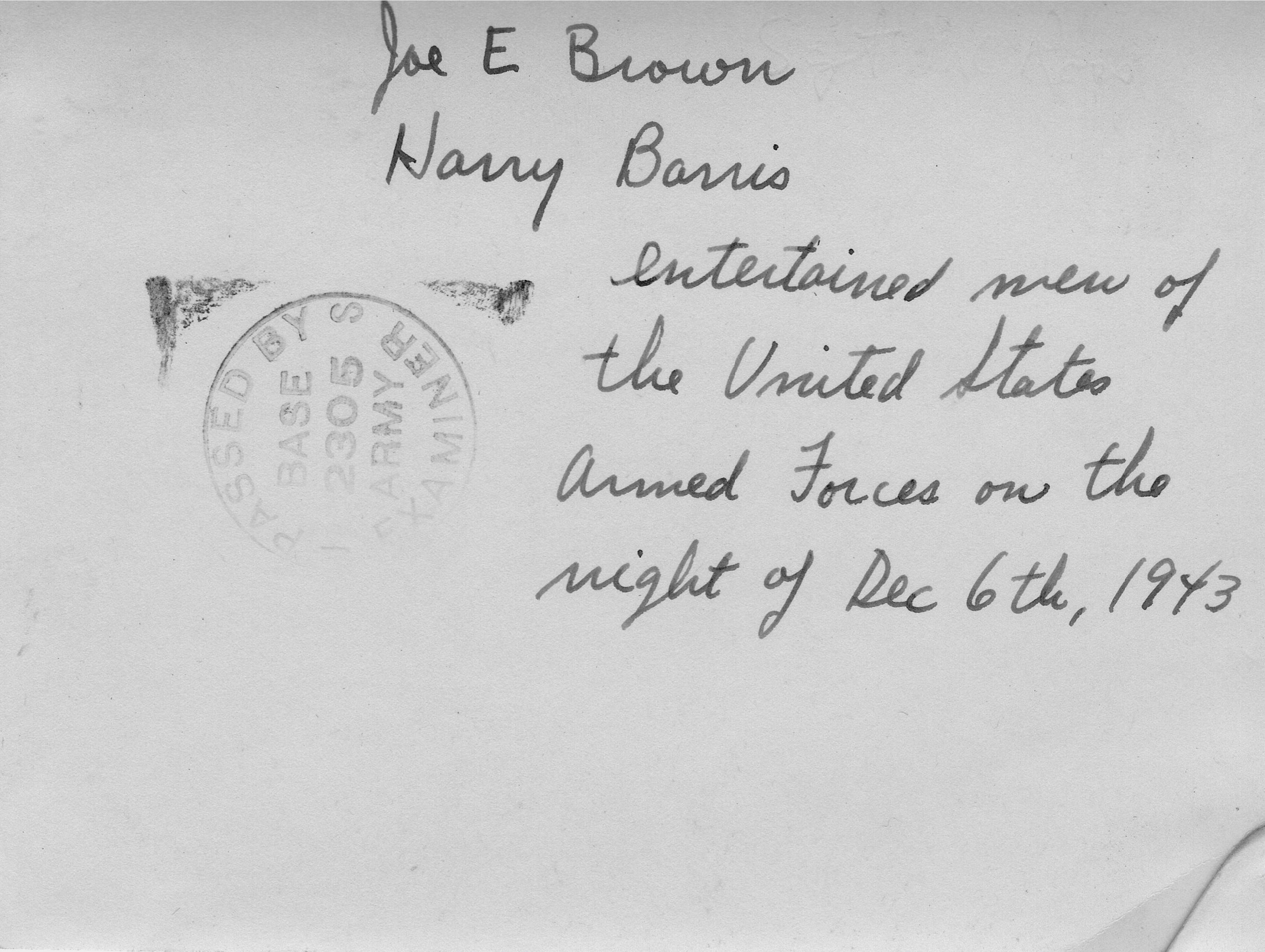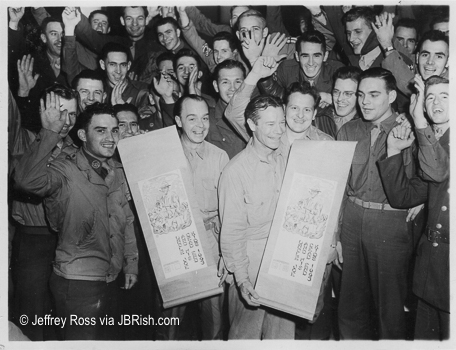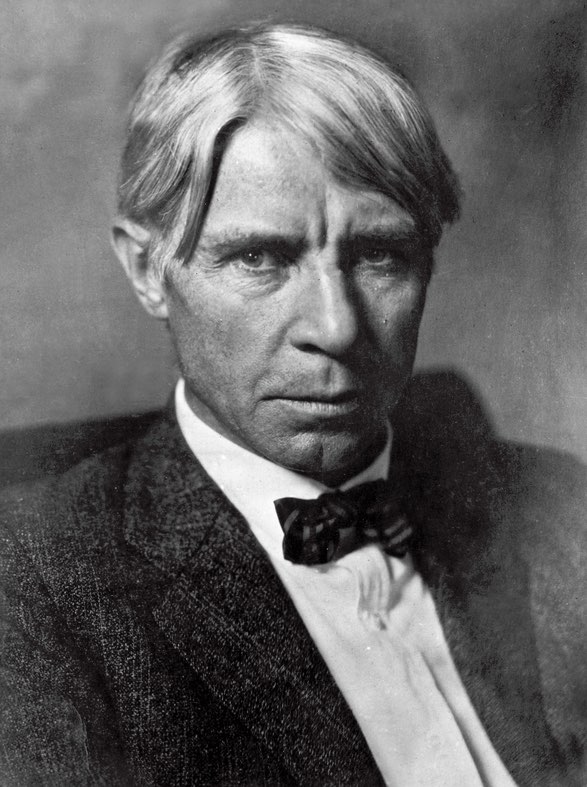
Picture Courtesy of Britannica.com
I came across these two quotes today.
“If she [America] forgets where she came from, if the people lose sight of what brought them along, if she listens to the deniers and mockers, then will begin the rot and dissolution.”
**********
“I see America, not in the setting sun of a black night of despair ahead of us, I see America in the crimson light of a rising sun fresh from the burning, creative hand of God. I see great days ahead, great days possible to men and women of will and vision.”
— Carl Sandburg (January 6, 1878 – July 22, 1967) —
This is the yin and the yang of where America finds herself today. As a youngster, I was what is affectionately referred to as an “army brat.” My father was in China during WWII prior to my birth.
Several years later my father woke me one morning, kissed my goodbye and I didn’t see him for more than a year as he went off to fight in the Korean War. We were an army family. The service was never far from our minds.
As a preteen I lived on an American army base in Stuttgart, Germany. At the end of every day, as the American flags were lowered, all cars stopped and passengers stood and listened to the bugle play.
I have always had a love for this country — warts and all. Of course the United States was never perfect, but there was always an intangible sense that everyone we met was generally on the same basic march toward making America a better country and society; and to continue to nurture her along that path.
From what I can see today, that feeling is no longer prevalent. We are a very divided nation. As a people we have been warned before that we must stand united or else our democracy will certainly, as Sandburg warns, experience the rot and dissolution that threatens.
The ship of state has been taking on water, but I believe we can bail her out once again and continue our journey toward a more perfect union. We can use these times as a life-lesson for our nation’s development.
Part of this effort needs to be a focus that assures our governments at every level are responsible to the people and not any other interests or big payers. “We the people” are America and every fiber of our nation must be dedicated to improving the lives of all who are part of our country.
We cannot look to anyone else to solve this problem or to save America. It is up to all of us!
Will we be the men and women of will and vision?
Read more miscellaneous stories on JBRish HERE
**********
All original content on this blog is copyrighted by Jeffrey B. Ross with ALL Rights Reserved. While reference links back to JBRish.com are appreciated and encouraged, please acquire approval for any reproduction of original content from this website.
©Jeffrey B. Ross 2014 – 2020 — JBRish.com
